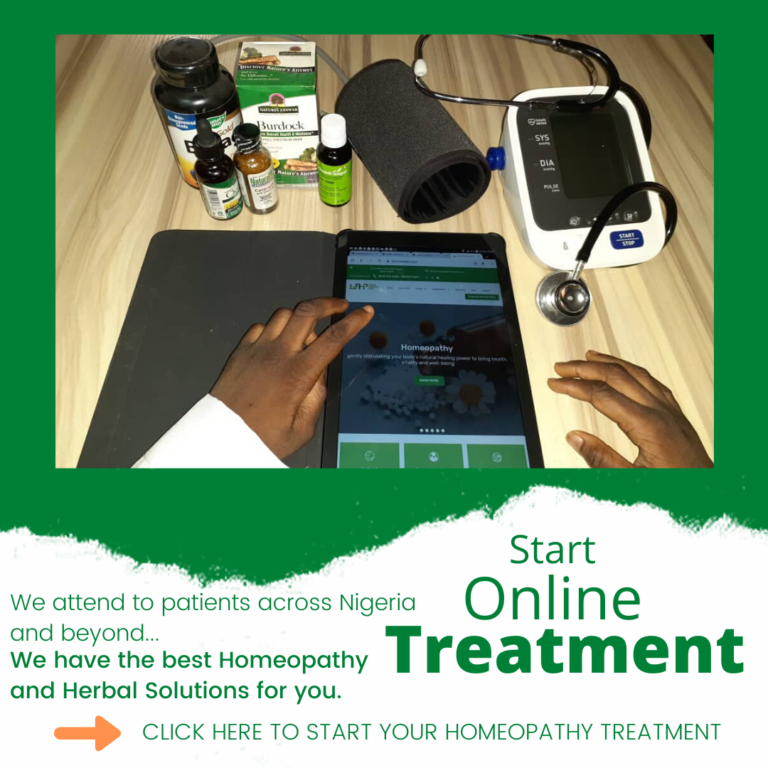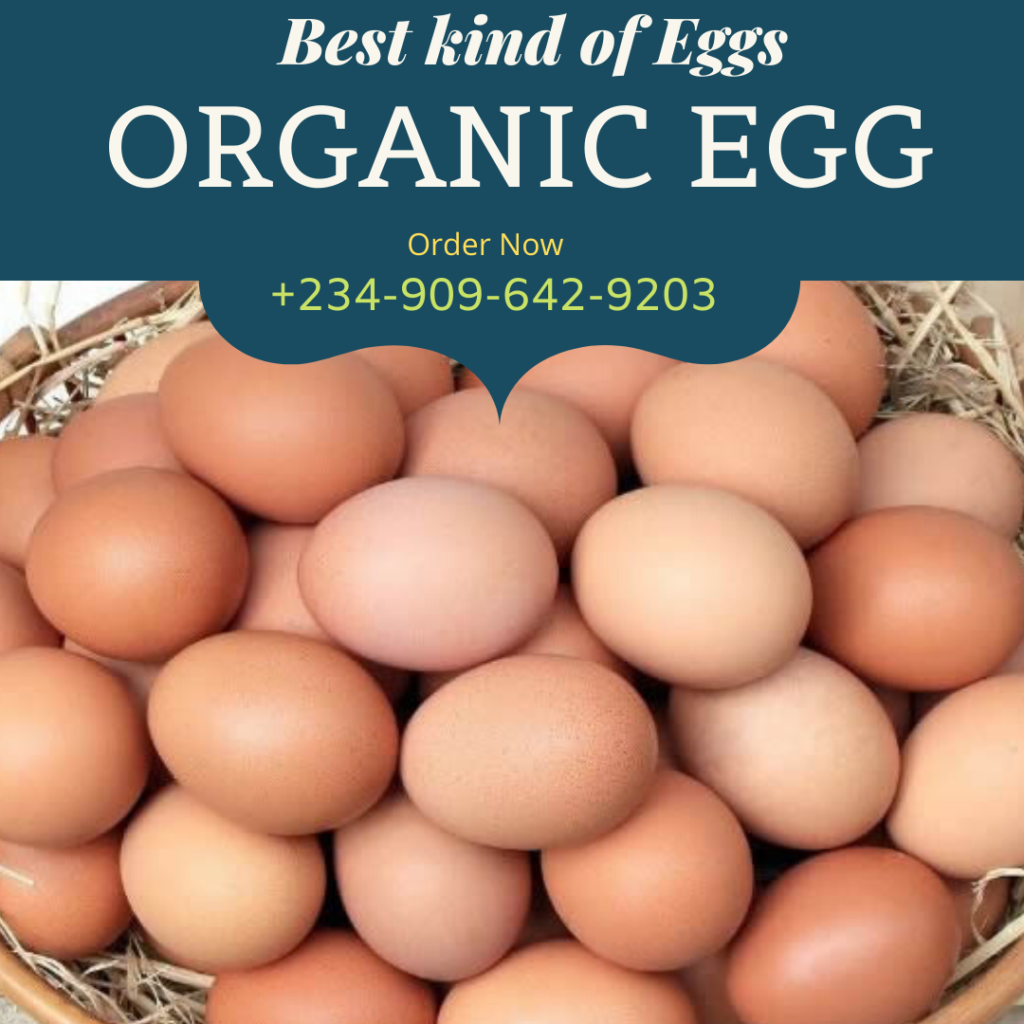A stroke occurs when the blood supply to part of the brain is interrupted or reduced, depriving brain tissues of oxygen and nutrients, and the brain cells begin to die.
Strokes are usually classified by what mechanism caused the loss of the blood supply, either Ischemic & Hemorrhagic stroke.
When a stroke occurs due to formation of a blood clot in the brain, we call it Ischemic stroke, for example an artery can narrow over time because of cholesterol build up, called plaque. If that plaque ruptures, a clot is formed at the site and prevents blood from passing to brain cells.
If a stroke occurs due to a ruptured artery or when blood vessel leaks and spills blood into brain tissue, we call it an Hemorrhagic stroke. The bleeding or hemorrhage in hemorrhagic stroke is often due to poorly controlled high blood pressure that weakens the wall of an artery over time.
There may be no warning signs of a stroke until it occurs. This is why high blood pressure, one of the risk factors for stroke, is called the silent killer.
Symptoms of Stroke
Symptoms of stroke depend upon what area of the brain has stopped working due to loss of its blood supply. Often, the patient may present multiple symptoms including the following:
• Acute change in level of consciousness or confusion
• Acute onset of weakness or paralysis of half or part of the body
• Numbness of one half or part of the body
• Partial vision loss
• Double vision
• Difficulty speaking or understanding speech
• Difficulty with balance and vertigo
Note the symptoms of ischemic and hemorrhagic stroke may be the same, but patients with hemorrhagic stroke may also complain more of headache and vomiting.
What are the risk factors for stroke?
Overall, the most common risk factors for stroke are:
• High blood pressure • High cholesterol • Smoking
• Diabetes • Increasing age • Poor diets • Irregular heart beat
• Stress & depression • Formation of blood clot • Genetic factors • Arteriosclerosis • An unhealthy weight • Lack of physical activity • Use of alcohol or drugs
It is helpful to note that you can prevent stroke by avoiding some of the above mentioned risk factors. The best treatment for stroke is prevention and minimizing the risk factors. There are some risk factors that people find difficult to control, such as family history of strokes, gender and race, but diets and lifestyle changes may help.
Stroke Alternative Treatments (Herbal Treatments):
Herbal supplements are a popular choice for people who prefer natural remedies. The following herbal supplements may improve blood circulation in the brain and help prevent another stroke:
• Ashwagandha; it has antioxidant properties that may prevent and treat stroke
• Bilberry; this may improve cholesterol and lower blood sugar
• Garlic; preventing blood clotting and destroying plaque
• Asian ginseng; helps to improve memory
• Gotu kola; helps to boost cognitive functions in people who have had stroke
• Turmeric; helps to lower cholesterol levels and also helps to prevent blockages in arteries
All said, stroke is a medical emergency, and prompt intervention can restore blood supply to the brain if stroke patients receive medical care early enough. The affected individual, family, friends, or bystanders need to go to the hospital immeadiately to access emergency care. Herbs are useful in preventing it and treating it to full recovery but once it has occurred the answer is immediate hospitalization to stabilise the person. Herbs will help during convalescence.
For best natural supplements for stroke recovery, call the herbalist in the house, Oluwafunmise, on 08028366901, 08183554665 or visit our website www.farmherbalpro.com
As well, you can join our whataspp group to learn more about herbal and homeopathic remedies https://chat.whatsapp.com/DFxS3rkcmS08EweQY9gSIn
Oluwafunmise Odubore


